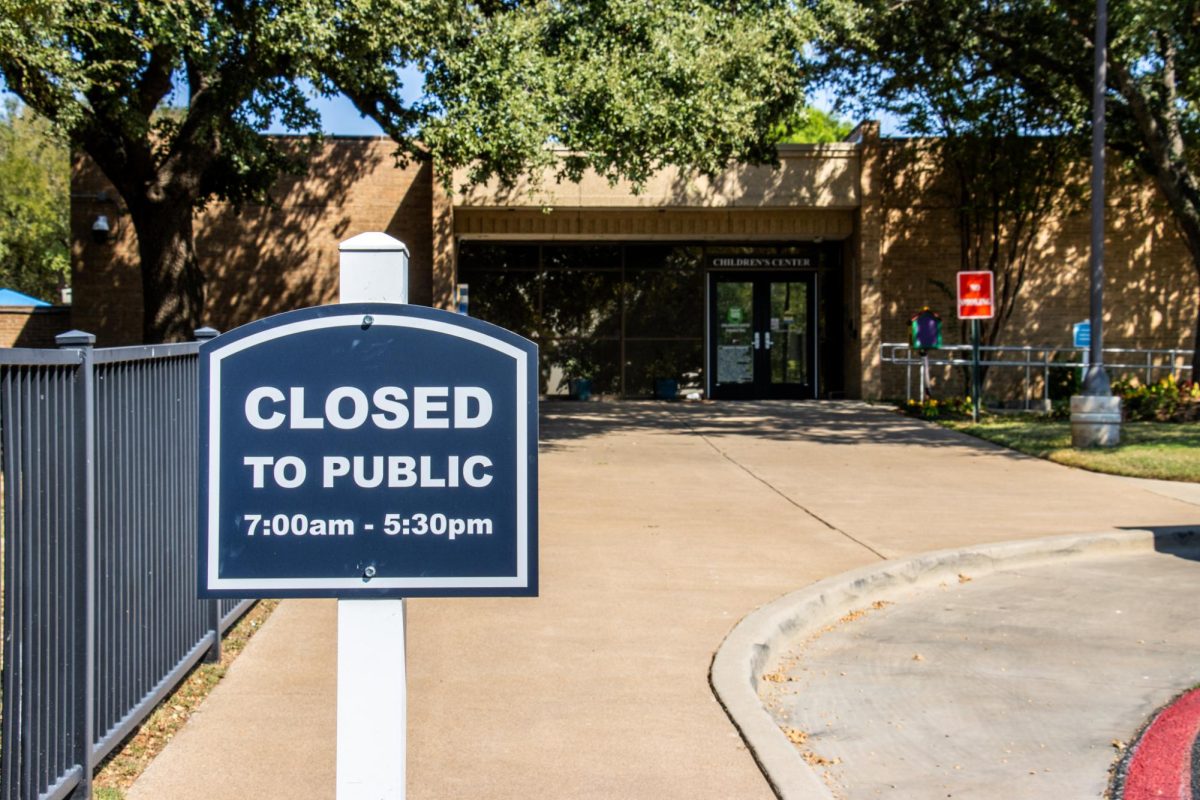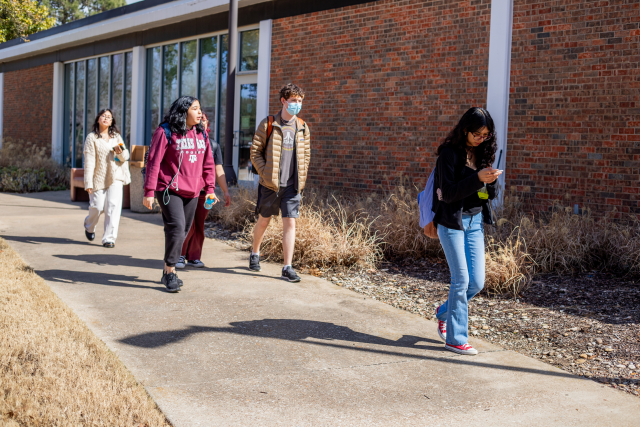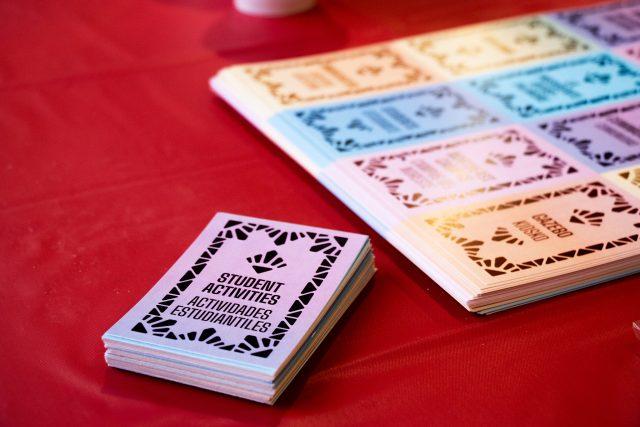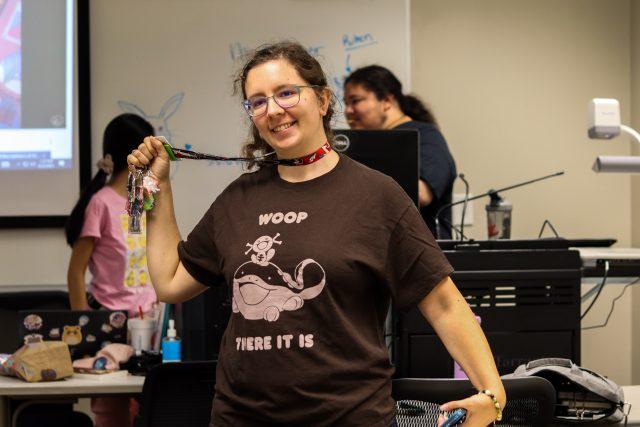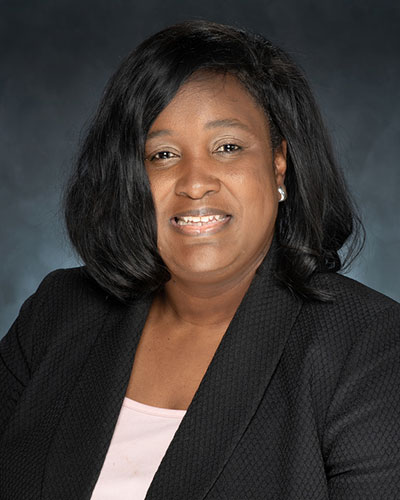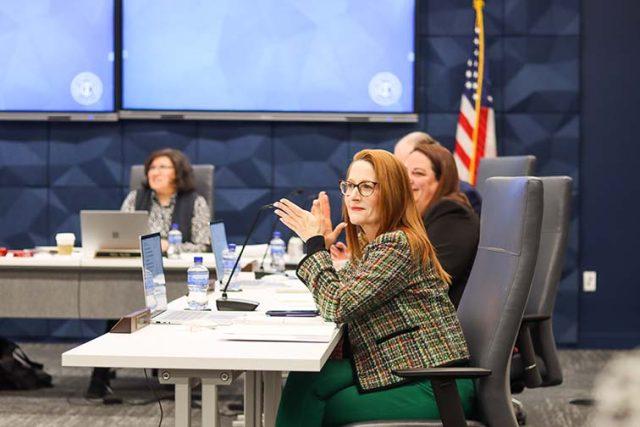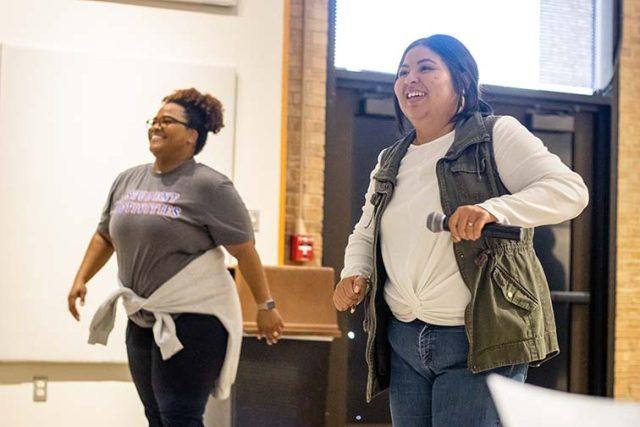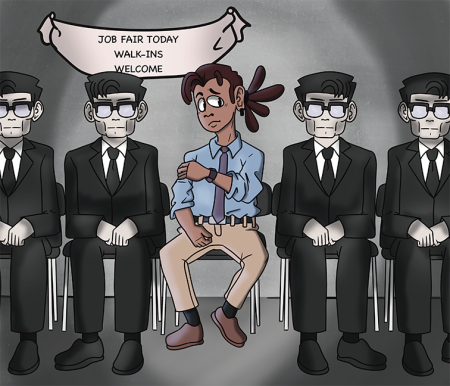
The Future of DEI (diversity, inclusion, and equity) in professional environments is under siege.
In a memo written by Gov. Greg Abbott’s chief of staff, Gardner Pate, told university leaders and state agencies that DEI initiatives are illegal in hiring and should base the acceptance of applicants on merit.
While it’s more than fair to accept employees that are competent or qualified, the need to make sure that professional spaces also reflect the communities they serve is necessary.
Why is the discussion of merit a feasible argument when discussing diversity in the workplace or in the classroom?
Simply being mindful of creating spaces that contain people from all walks of life, doesn’t automatically suggest that employers or admissions should accept those who are underqualified.
DEI initiatives level the playing field for people of different races, sexual orientations, religions, cultures and disabilities.
For Black Americans specifically, this is yet again, another act of violence. Telling state agencies to stop considering DEI initiatives in hiring prevents Black people from getting to weigh in and give input during important decision making.
Unlike their white counterparts, Black Americans have not been able to establish generational wealth. From keeping businesses segregated in the Jim Crow South to burning down the Greenwood district in Tulsa, Oklahoma – commonly known as Black Wall Street.
Some may see the initiatives as a way to keep people from getting jobs they deserve if they don’t seem to make an environment more diverse. However, the sole purpose of these efforts is to make sure state agencies are doing the best they can to stay true to an American value – freedom.
Those immigrating to the U.S. are often fleeing some sort of violence and misfortune, hoping to rebuild themselves with the tools and resources America prides itself on providing. It’s almost ironic that the ethicality of something like diversity and inclusion is being questioned.
How are we a land of freedom if we don’t prioritize liberating marginalized groups who carry the shackles of financial and social strain?
All Americans should have equal opportunity when applying for a job or a university. Many are familiar with the phrase from the United States Declaration of Independence claiming that all citizens have the right to “life, liberty and the pursuit of happiness.” Yet, the validity and value of making sure our professional and educational spaces are diverse is being challenged.
Historically, Texas is rich in culture. With its large Hispanic population and melting pot of languages spoken, removing DEI wouldn’t be to the benefit of Texans. Some believe Abbott just wants his office and state to look like him, despite the diversity that exists and has existed in the state.
Representation is important. Without people of color, people with disabilities, people of the LGBTQ+ community and people of different religions in the workspace, how do we tell youth that they can pursue anything they’d like to if the space isn’t cultivated for them?
In order to protect the dreams of American youth, diversity, equity and inclusion in professional and academic settings must not only be considered, but celebrated.

























